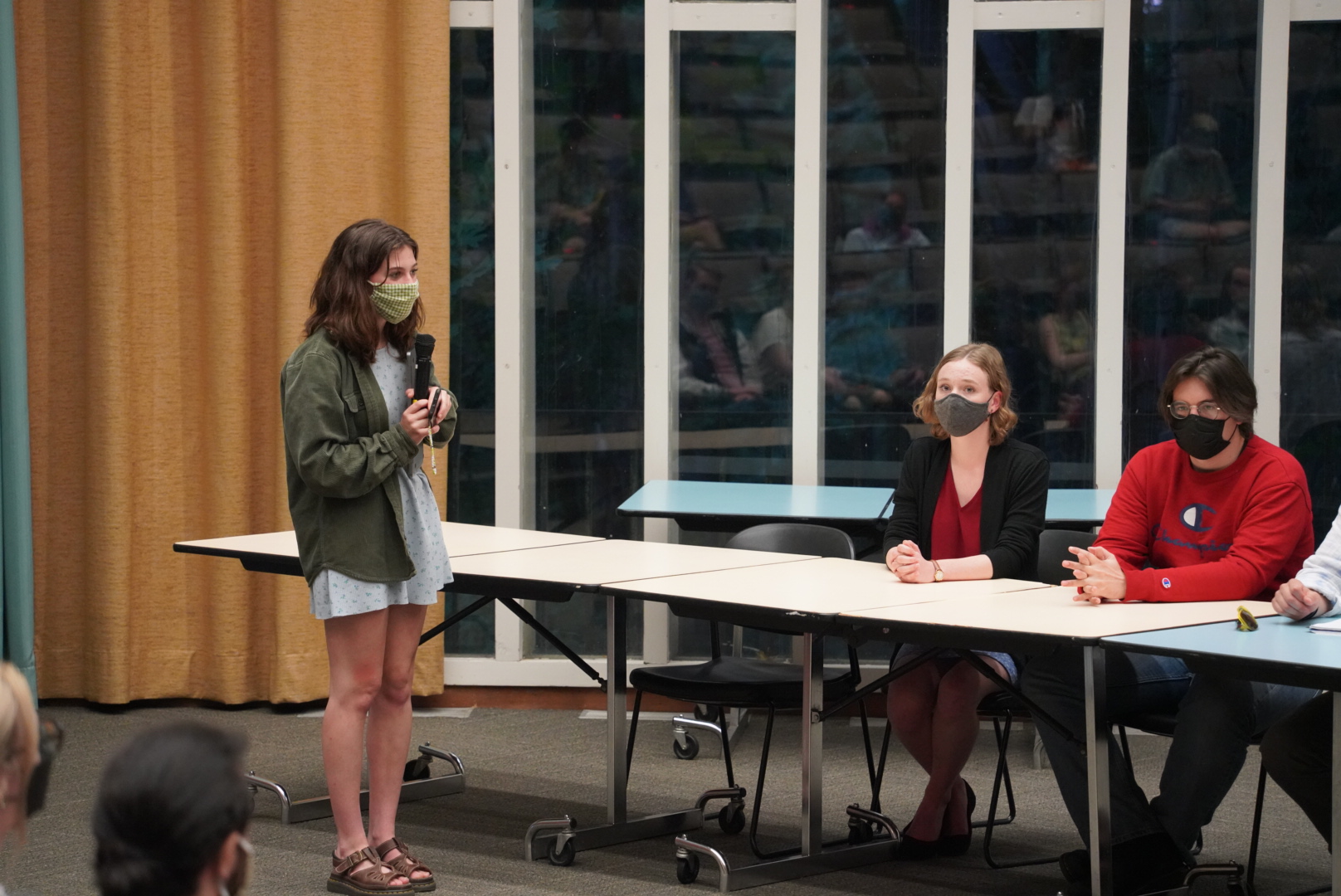
As the former chief justice for Lewis & Clark’s student government, the Associated Students of Lewis & Clark (ASLC), and current LibTech student representative, I believe in increased compensation for its members. Doing this should be a high priority for the 2021-22 ASLC Senate. They should raise the student body fee, a fee which is charged to every student’s account to fund this compensation increase.
Since 2012, students have paid $180 per semester to the student body fee, which funds ASLC and pays for member compensation. This fee has not been increased in the last nine years. ASLC Senate members and union representatives only receive $50 per semester now.
If ASLC wished to increase compensation for ASLC Senate members to, for example, $400 per semester and for other ASLC members to about $250, then it would only take an increase of $20 per semester in the student body fee to pay for it. I picked these numbers arbitrarily, but the point is not the numbers themselves, but the relatively low per-semester increase in the student body fee. These payments, though not perfect, would be a lot better than what some of the members get now.
Additionally, that increase would leave money to spare that could fund additional, better resources for students. Using the excess revenue from this increased fee, ASLC can allocate more money to the discretionary fund, which in 2020 replaced a textbook subsidy to allow for greater flexibility in helping students fund their college education, or the new COVID-19 test reimbursement fund.
I proposed this solution in December 2020 in an eight-page memo to the vice president of ASLC and chair of the Strategic Direction Task Force, an ad hoc committee meant to reform ASLC and determine a direction for its future. Some raised valid and important concerns about increasing the student body fee because of the increased burden on lower-income students. My response to these concerns in the memo was to use the spare money to fund more student resources for lower-income students, depending on what they need year to year.
Others have suggested that the increase in the student body fee be optional, so if a student cannot afford to pay it, they can opt out. Implementing both of these solutions is definitely possible.
Increasing compensation for members of ASLC will make it a more equitable place. It shocks me that this fact has been, and is still, up for debate. Last semester, some noted that ASLC members fill “volunteer” positions. This legally allows ASLC and the college at large to pay its members far below the federal minimum wage in an honorarium payment. Although legal, when did equity and justice end where the law starts? Legality does not determine what is equitable. As such, I find that point entirely moot to what we should consider to be equitable and just.
ASLC must increase compensation for its members as soon as possible. ASLC cannot function without its members, and it is a huge disservice, one I know too well, to pay them so little for so much important work.
Subscribe to the Mossy Log Newsletter
Stay up to date with the goings-on at Lewis & Clark! Get the top stories or your favorite section delivered to your inbox whenever we release a new issue.

Leave a Reply